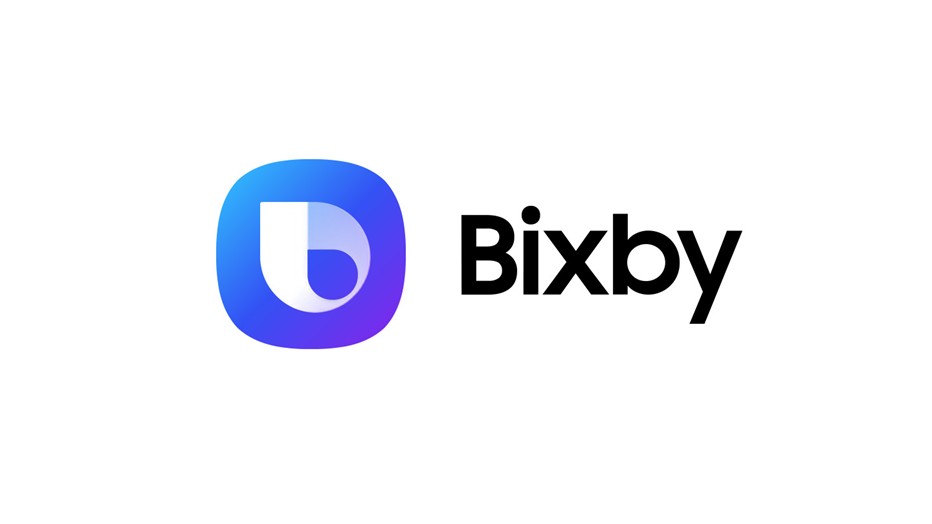On Wednesday, Twitter owner Elon Musk hinted that the company is preparing to open source the microblogging platform’s algorithm as soon as “next week”.

Twitter Preparing To Go Open Source
Mr Musk said, “Prepare to be disappointed at first when our algorithm is made open source next week,” adding that “it will improve rapidly,” in response to a tweet urging the Twitter chief to open source the platform.
Basically, this move of making Twitter’s algorithm open source, would allow its software to be publicly accessible to users across the world.
It appears that Mr Musk ’s remarks are in line with his previous statements about him supporting the idea of making Twitter’s algorithm open source.
How Does This Affect?
This move holds a great significance as it could bring greater transparency to the platform.
Tesla chief said last year that making Twitter’s algorithm open source “is the way to go to solve both trust and efficacy”.
Further adding, “I’m worried about de facto bias in ‘the Twitter algorithm’ having a major effect on public discourse. How do we know what’s really happening? The algorithm needs to be open source,”.
According to the social media experts, making Twitter’s algorithm open source can help researchers gain access to the platform’s software and help them decode how hate speech spreads on the platform and suggest ways to counter it.
Earning The Trust
Earlier, Twitter’s co-founder and former chief Jack Dorsey had said his biggest regret was that Twitter became a company, adding that he envisioned the platform as an “open source protocol”.
Last year, Mr Dorsey said in a tweet,“a transparent system, both in policy and operations, is the right way to earn trust. Whether it’s owned by a company or an open protocol doesn’t matter as much as deliberately deciding to be open about every decision and why it was made,”.
So far, it is unclear if Mr Musk is serious about his latest tweet on making Twitter’s algorithm open source by next week.
This latest update of Mr Musk’s tweet on open sourcing Twitter’s algorithm comes at a time when the US Supreme Court is hearing arguments on the role of YouTube’s algorithm in recommending ISIS videos to its users.













